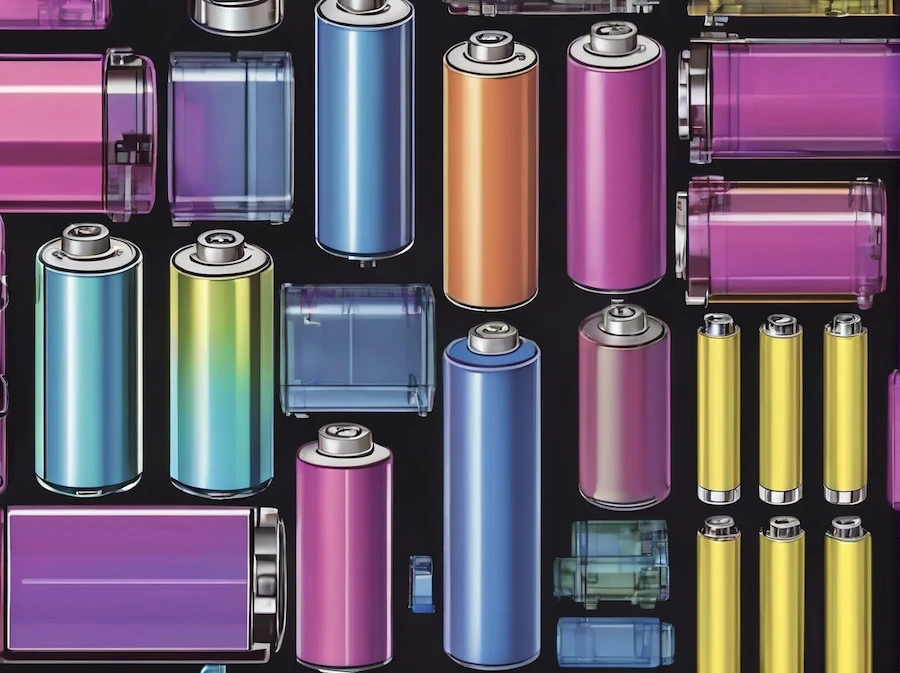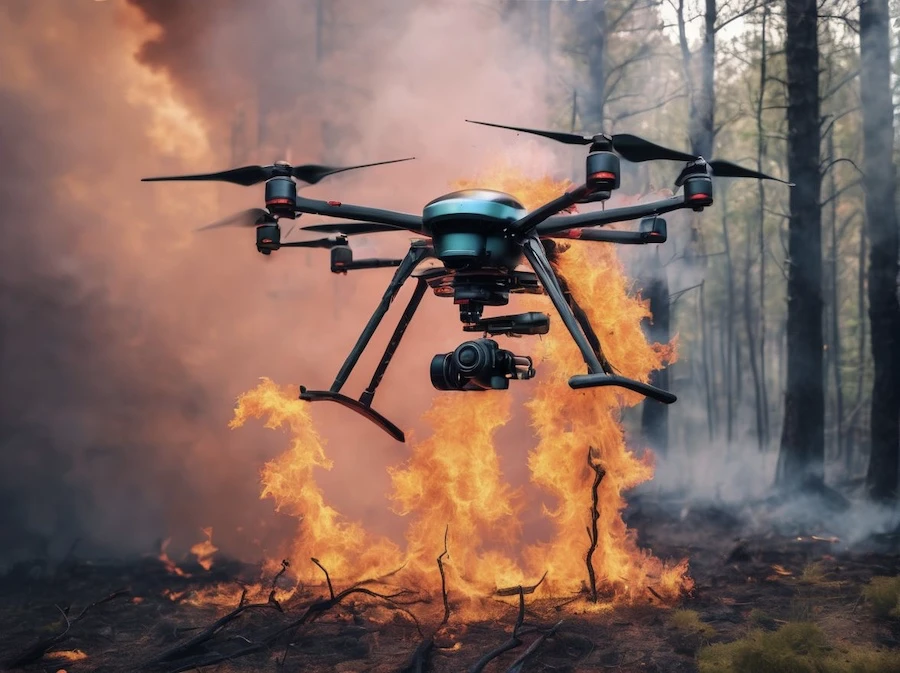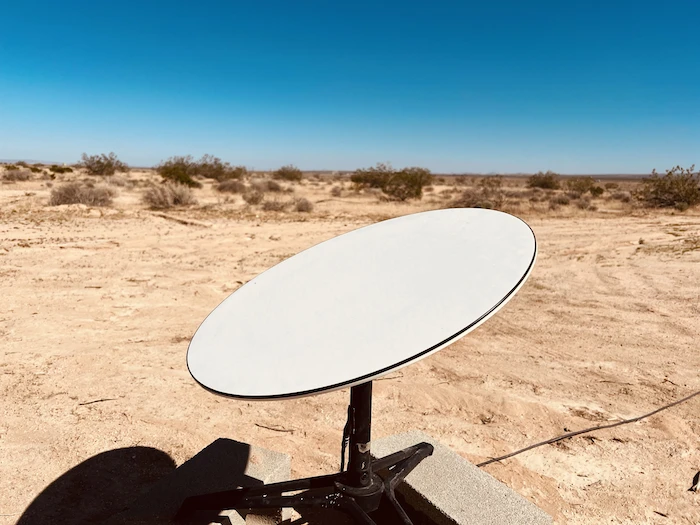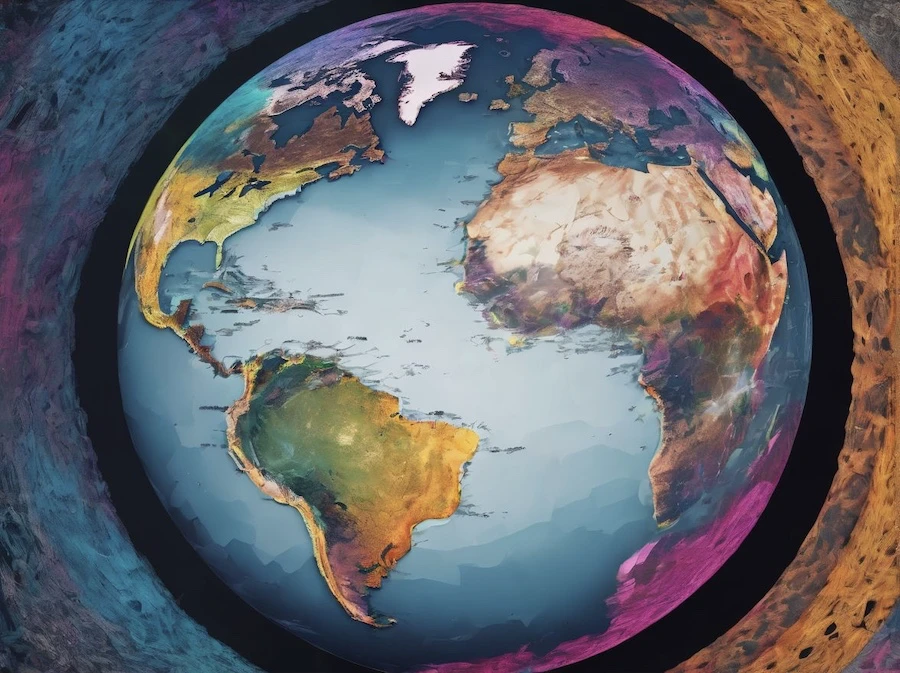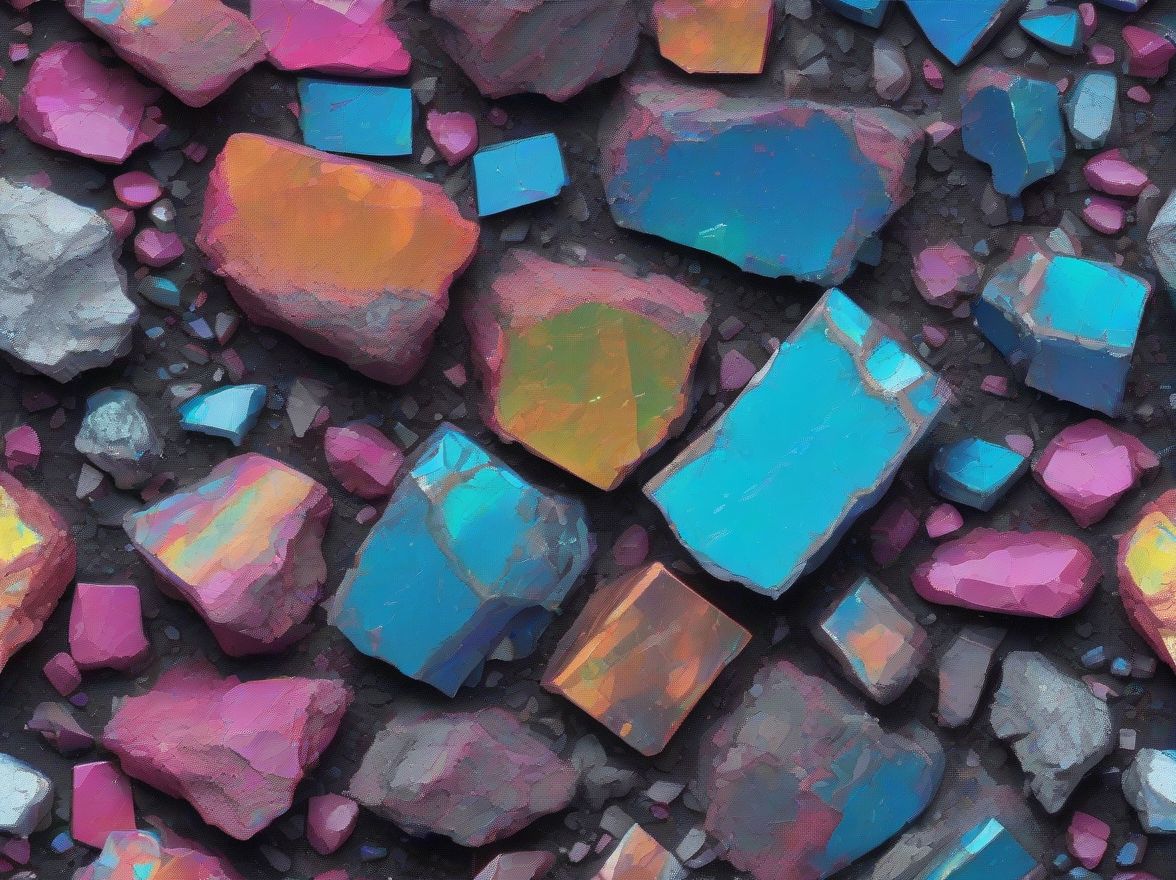September 24, 2023- 3RD OF 3
Cleaning Up Space Junk: A Novel Approach to Tackle Orbital Debris
A render of what TransAstra’s capture bag would look like while capturing space debris. Photo courtesy of TransAstra.
Earth's orbit is teeming with space junk, including defunct satellites and debris from past missions, posing a growing threat to operational satellites and even astronauts aboard the International Space Station. NASA, in its pursuit of innovative solutions, has recently awarded a contract to a pioneering startup called TransAstra. While TransAstra's primary goal is to capture and mine asteroids for valuable minerals, its groundbreaking technology could also hold the key to cleaning up space debris.
The Challenge of Space Junk
The issue of space junk is more pressing than ever, with an estimated 100 trillion pieces of debris orbiting our planet. This debris can potentially damage functioning satellites and create hazards for space missions. To address this problem, TransAstra is developing an inventive technology that leverages unstaffed capture bags to corral and contain space junk, somewhat akin to trash and recycling pickup in outer space.
Targeting CubeSats
Among the debris targeted by TransAstra's technology are CubeSats, small satellites roughly the size of a Rubik's Cube. By capturing these defunct satellites and space debris, TransAstra aims to mitigate the risks associated with space junk while opening up new possibilities for responsible space debris management.
Two Cleanup Options
Once the space debris is collected, two options are being explored. The first involves safely disposing of the waste by guiding it into Earth's atmosphere, where it will burn up upon reentry. However, the second option is particularly intriguing: ThinkOrbital, another innovative company, is developing the concept of recycling centers in outer space. These centers could process objects like CubeSats, extracting valuable components for reuse and potentially reducing the creation of more space debris.
A Sustainable Approach
One of the primary goals of this cleanup effort is to ensure it doesn't contribute to further pollution on Earth. By storing collected space debris in space-based recycling depots, the risk of debris remnants reentering Earth's atmosphere is minimized. This sustainable approach aligns with the broader goal of responsible space exploration and debris management.
Technological Challenges
While the concept of capturing and recycling space junk is promising, TransAstra faces several technological challenges. Retrieving tumbling debris without causing the retrieval craft to tumble itself is one such obstacle. Overcoming these scientific challenges is crucial to the success of this ambitious endeavor.
International Cooperation
In addition to scientific hurdles, TransAstra recognizes the necessity of international cooperation to address the space junk problem effectively. Creating a global consensus on funding mechanisms and strategies for tackling space debris remains a challenging task. Nonetheless, it is essential to garner international support for a coordinated cleanup effort.
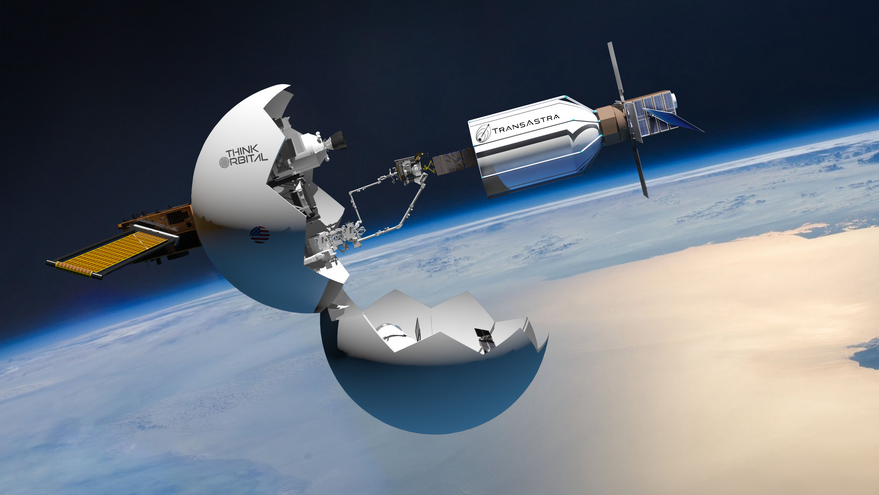
The growing menace of space junk in Earth's orbit demands innovative solutions. TransAstra's pioneering technology offers a ray of hope in the quest to clean up the space around our planet. By capturing and responsibly managing space debris, we can ensure the long-term sustainability of space exploration while minimizing the risks posed by orbital clutter. As TransAstra moves forward with its in-space demonstration, the world watches with anticipation, hoping for a cleaner and safer orbital environment.
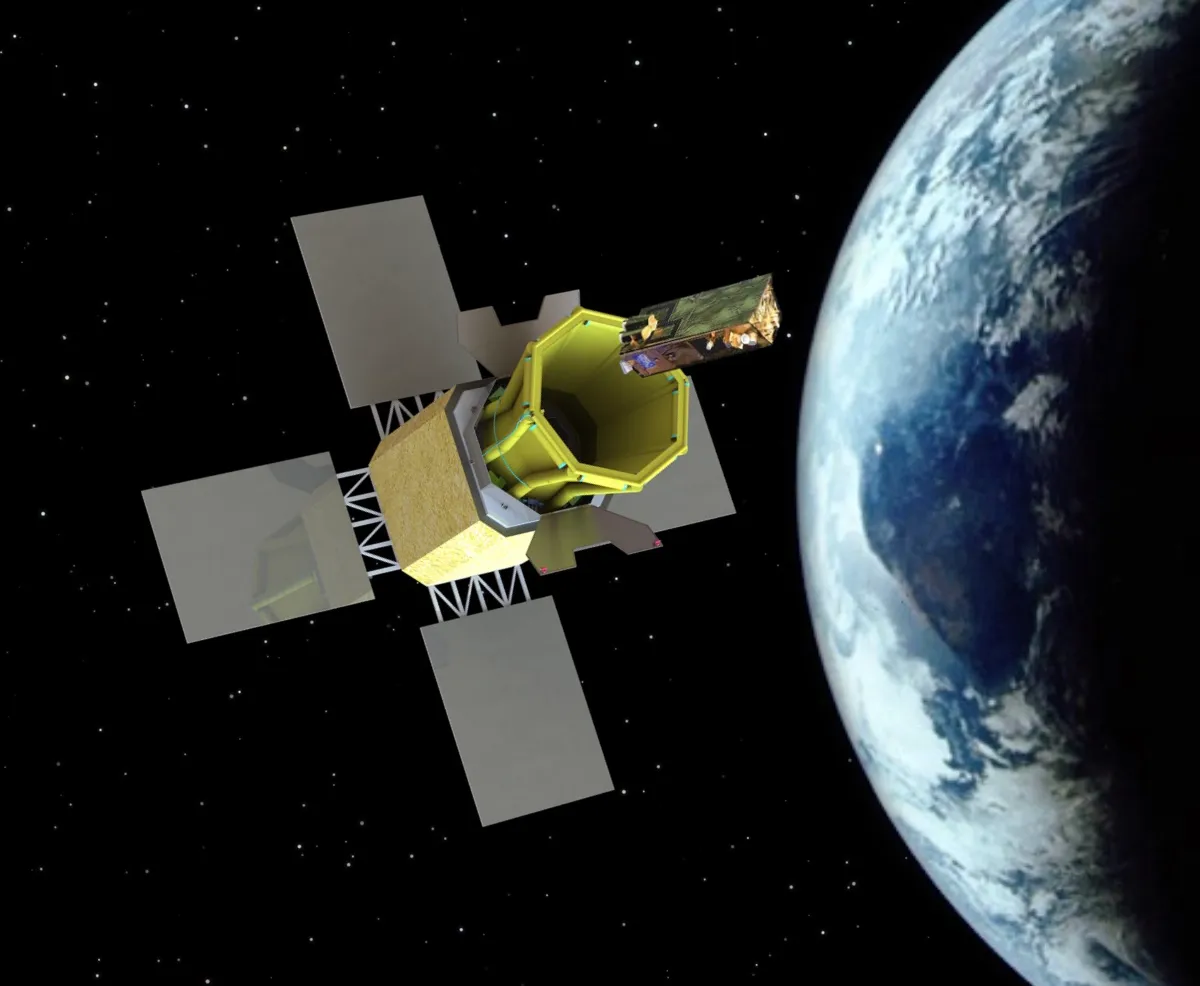

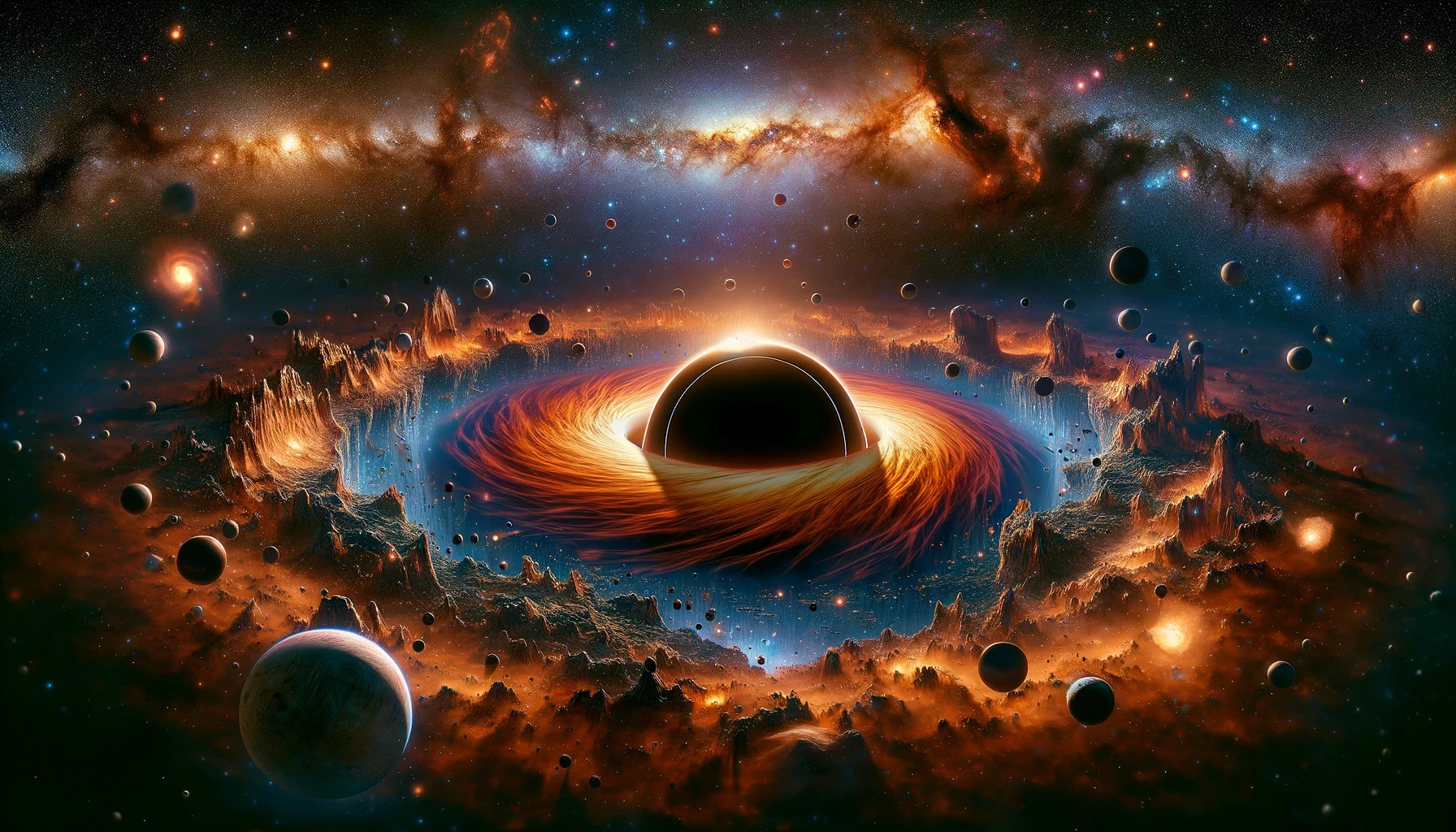

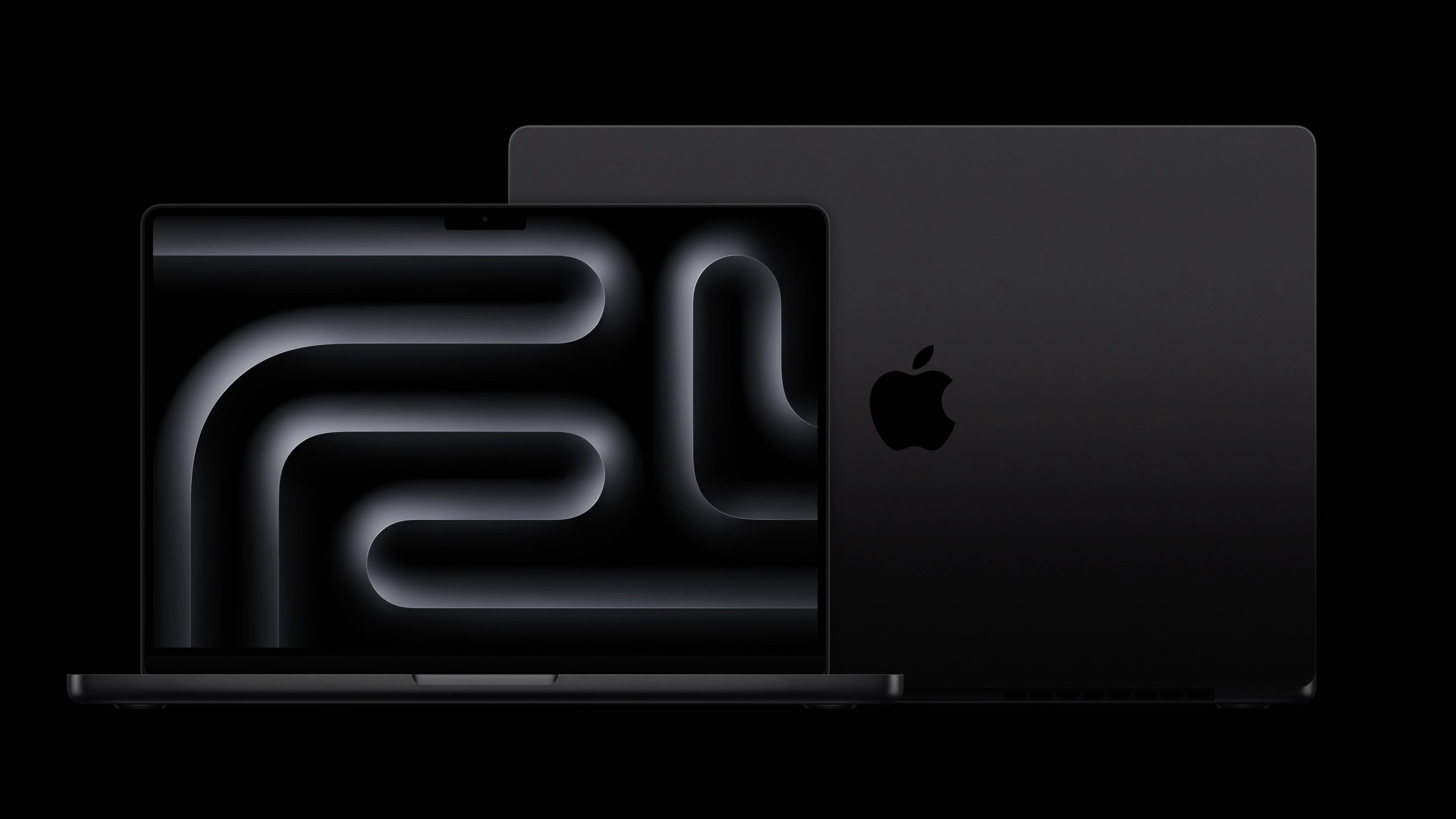





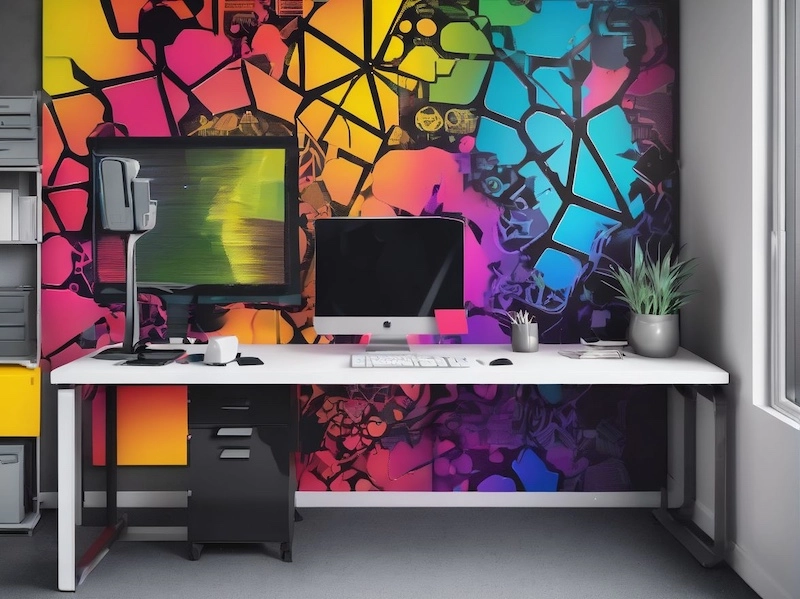

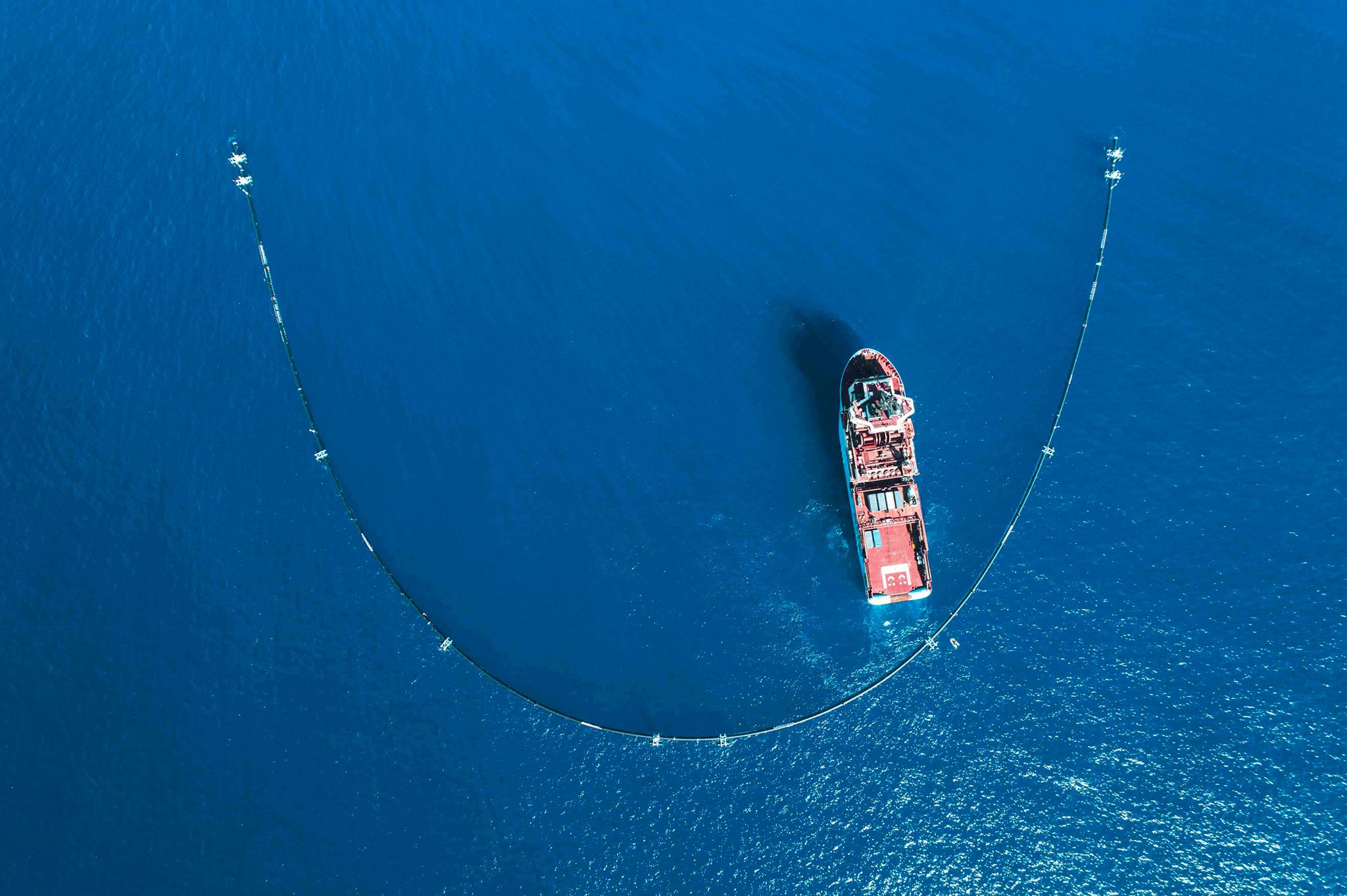




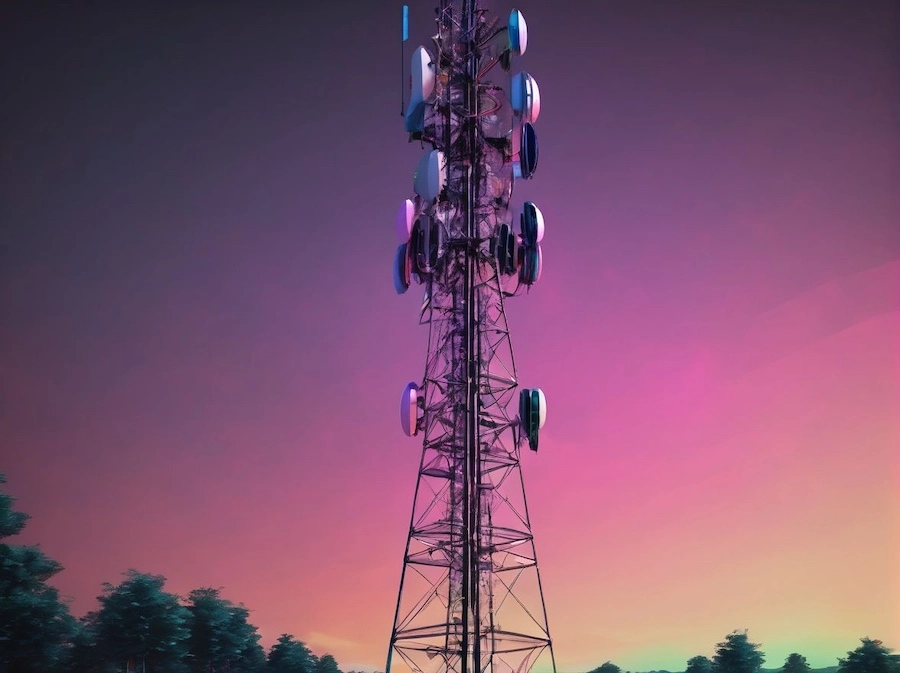


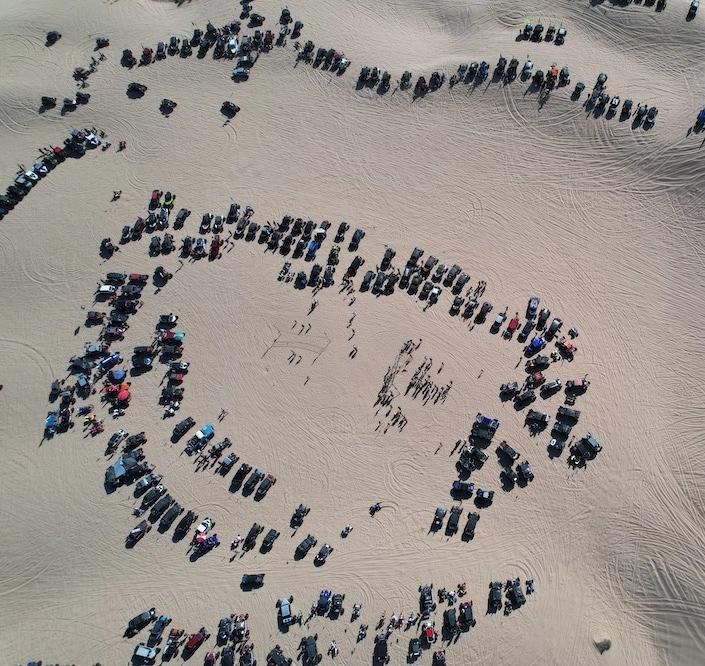

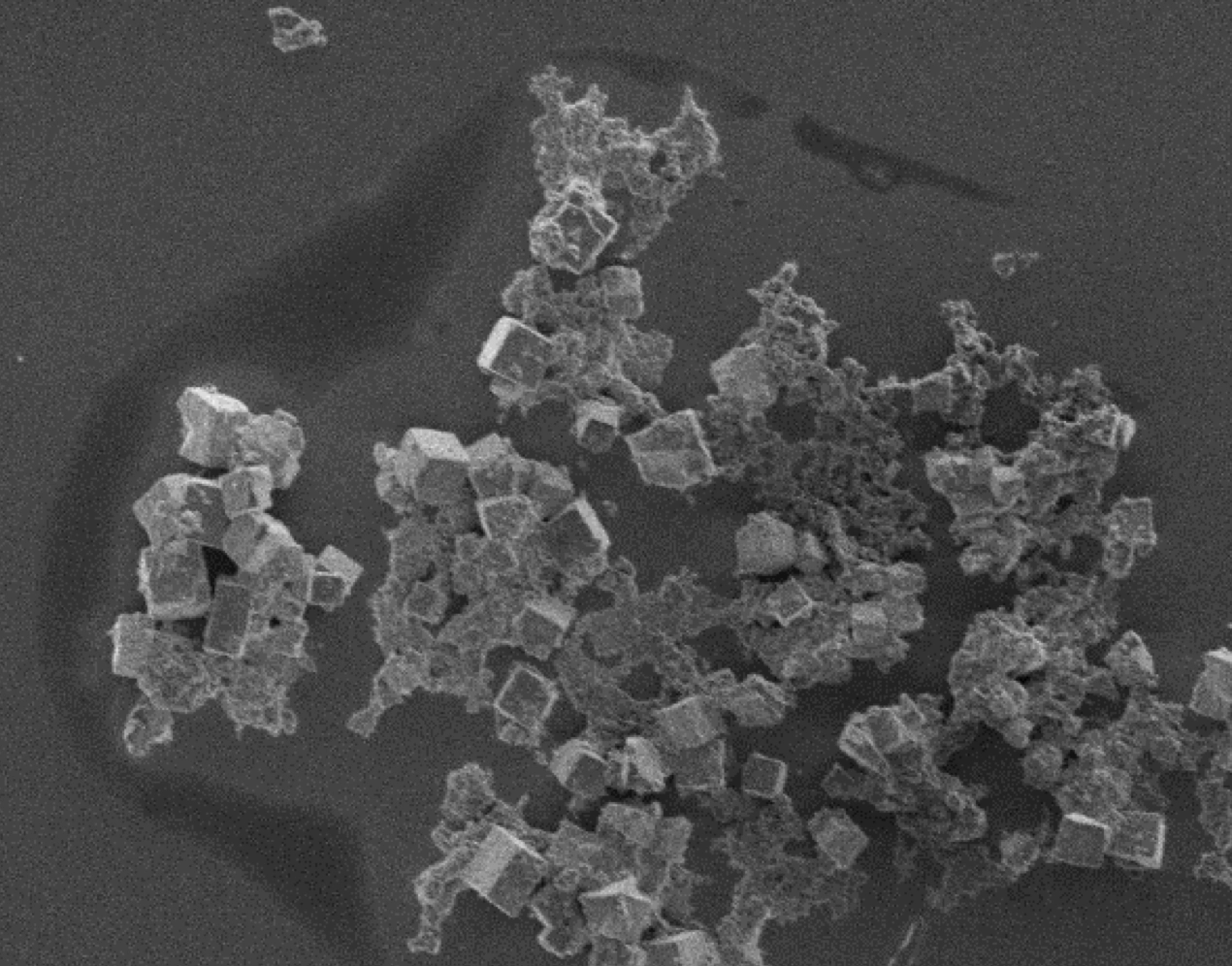




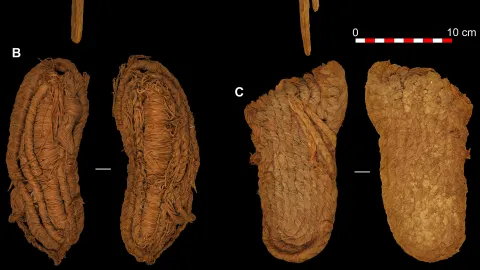



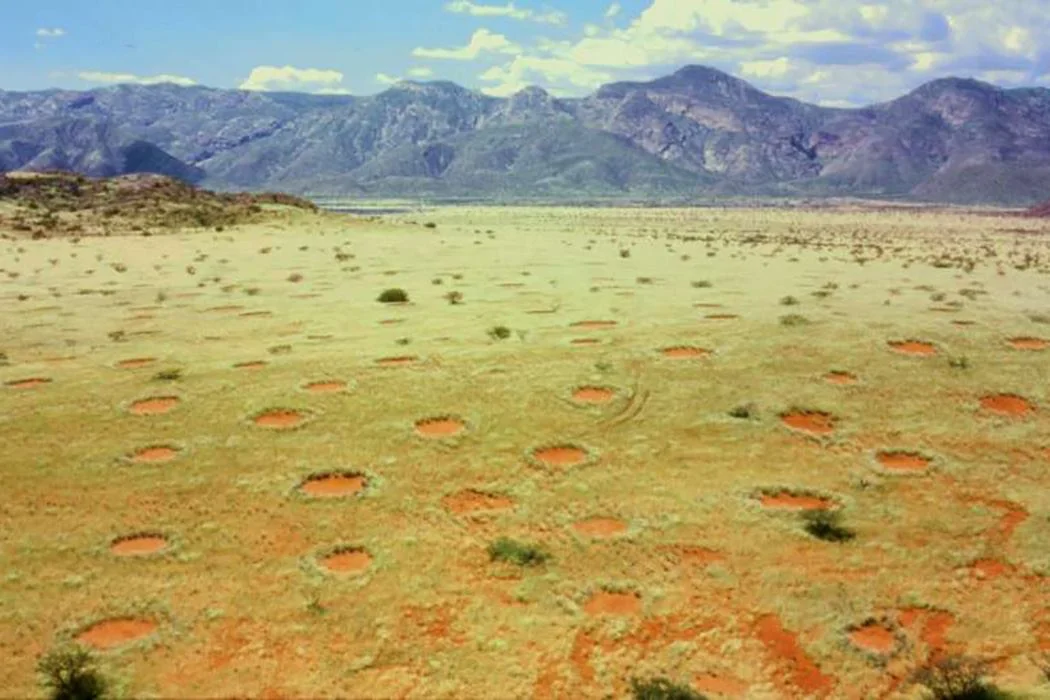
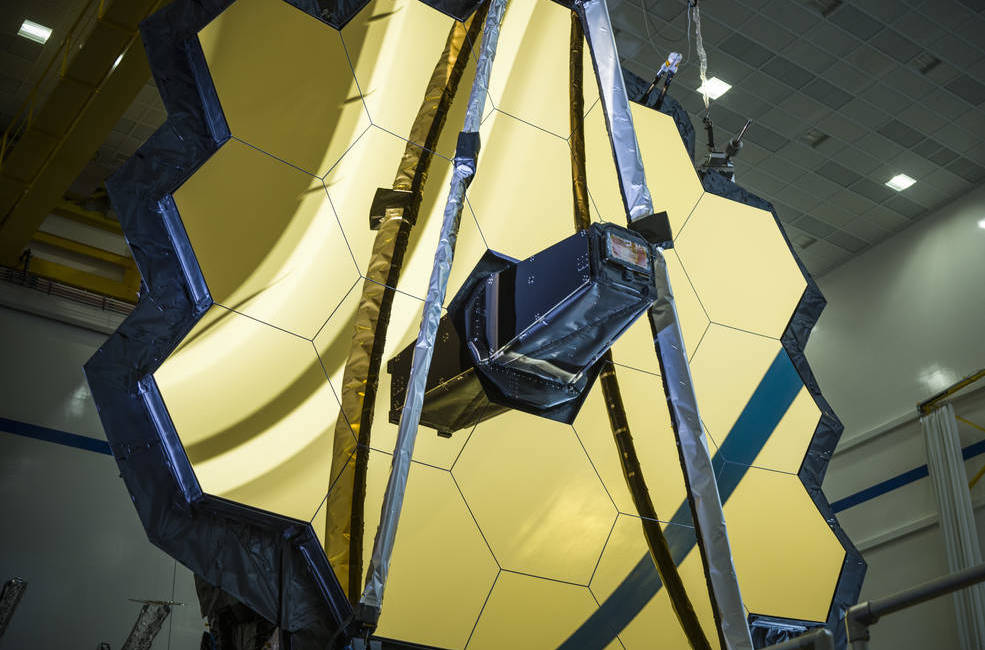








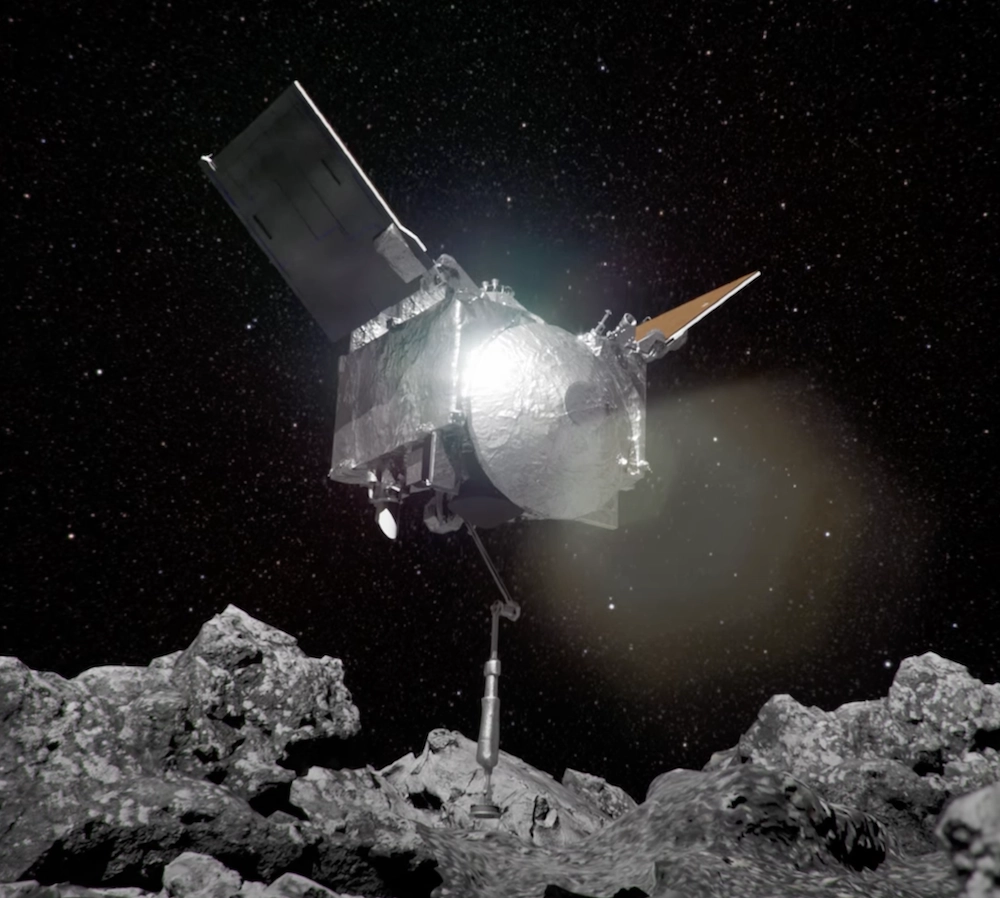




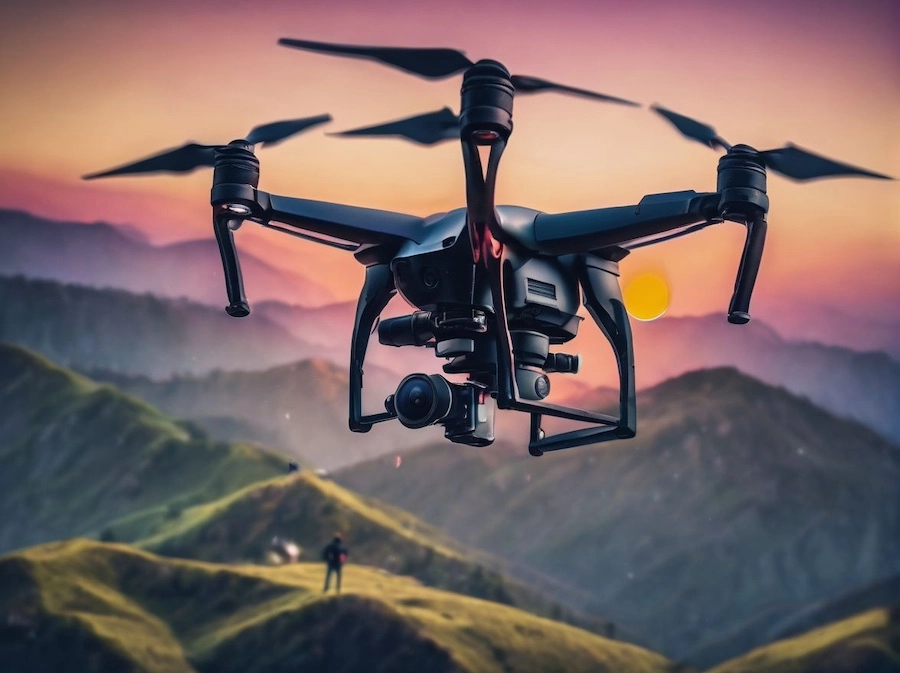


.webp)
.webp)
